How a remote Swedish vineyard became a must-visit winery, hotel and spa
When a family planted an organic vineyard in rural Sweden, it seemed like an eccentric choice. Here’s how they grew the seeds of an idea into the irresistible proposition of Ästad Vingård.
Daniel Carlsson was right to act on his dream of creating something unexpected in the middle of the countryside in southwest Sweden. With his siblings Linda and Mattias, he has transformed his grandparents’ organic milk farm (which was among the first in the country) into Ästad Vingård, a spa and hotel with an organically certified vineyard and a Michelin-starred restaurant called Äng. “This is the kind of place that I love to visit when I’m travelling,” Daniel tells Monocle. “I wanted to build that right here in my family home.”
The Carlssons tapped Copenhagen’s Norm Architects to design their hotel, Sjöparken, and Äng restaurant, both of which are understatedly Scandinavian delights. They planted their first grapes in 2011 and only reaped a good harvest seven years later. “We live in hectic times,” says Daniel. “It felt special to work on something that can’t be rushed.”
Two microclimates – one inland, one coastal – make for a unique wine matured in steel or French oak barrels and aged according to a traditional method involving a second fermentation once bottled. “Sweden can become a wine-producing country,” says Daniel. “We don’t have to be small-scale any longer. We’re making a great wine that can compete on the world market.”
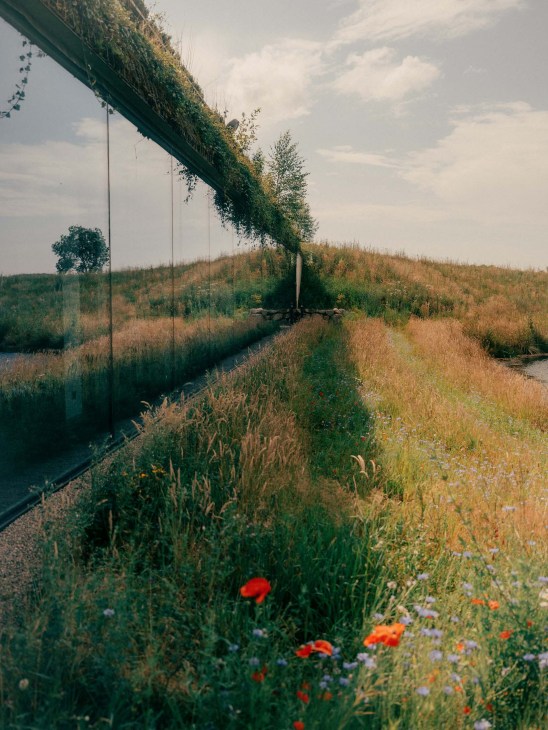
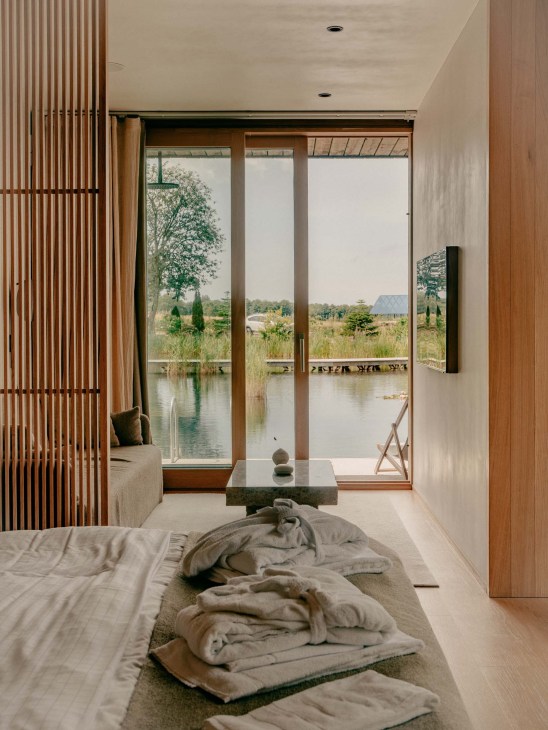

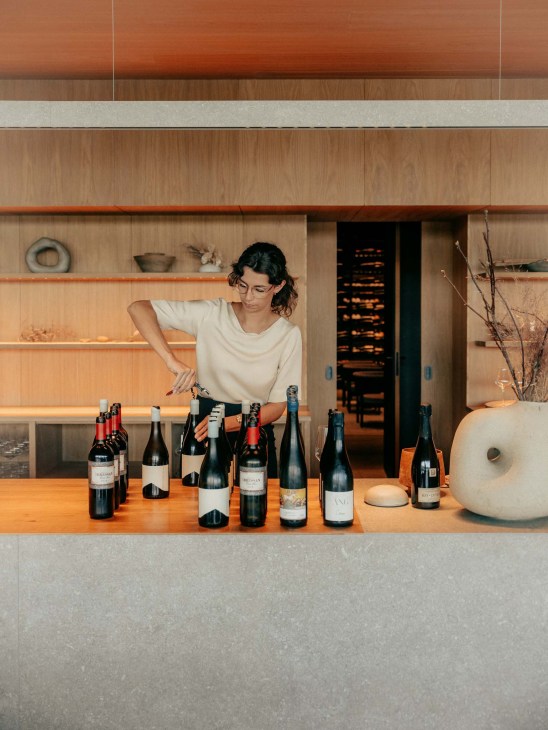
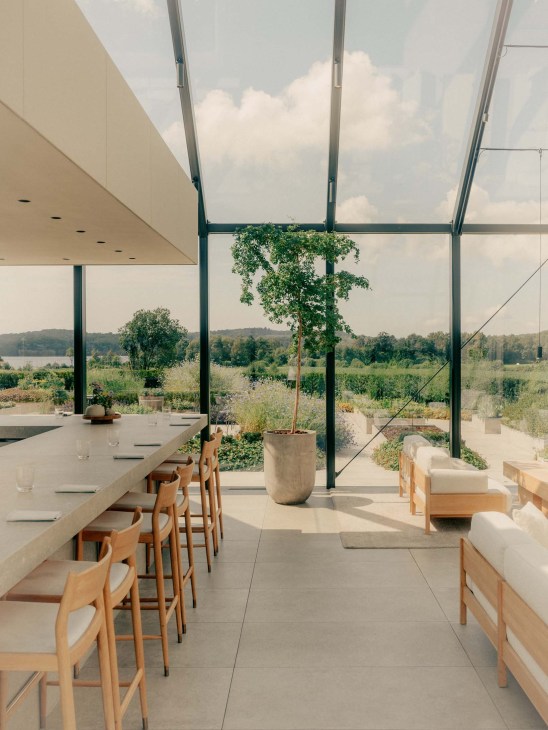

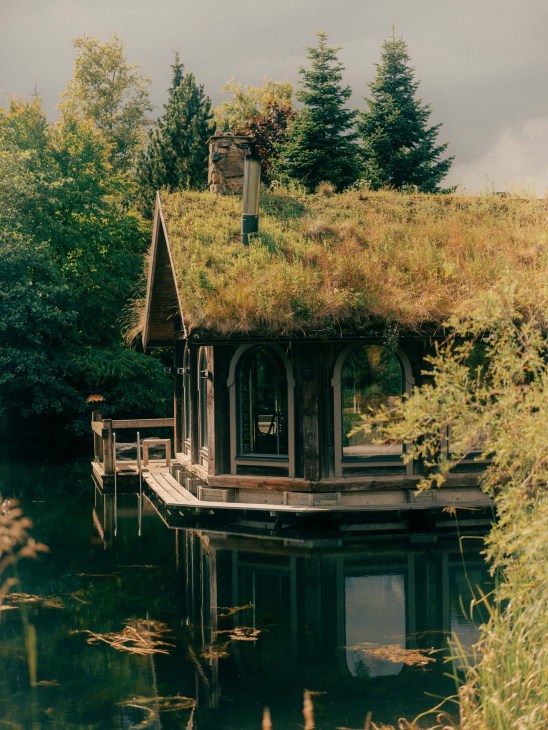
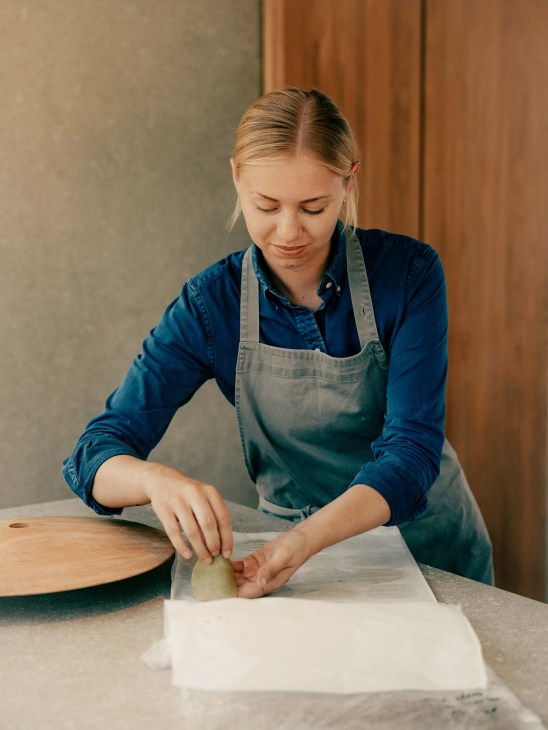
Uncorking opportunity
Small-scale producers long struggled for access to Systembolaget, Sweden’s government-owned chain of liquor stores (geared towards selling alcohol responsibly), with a monopoly on selling alcoholic beverages. Luckily, a new rule was introduced in June 2025 (in effect for the next six years) that now makes it possible for alcohol producers in the country to sell directly from vineyards or breweries when purchases are made in conjunction with an event such as a wine-tasting or a concert.


